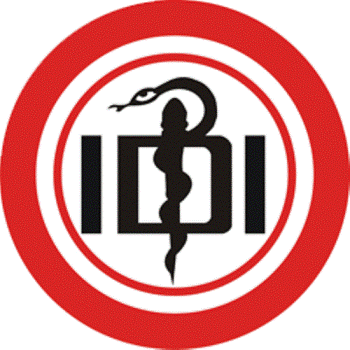Obstetrics, Gynecology and Reproductive Health
Gynecologic Oncology
Gynecologic Oncology | Gynecologic Oncology Services | Cervical Cancer Screening Guidelines |Vea esta página en español
New Cervical Cancer Screening Guidelines
The American College of Obstetricians and Gynecologists has just released some new guidelines regarding cervical cancer screening. These new guidelines have caused concern among women of all ages who now wonder when they should and should not be tested for the disease. In this interview, UMMC gynecologist Dr. Sarah Temkin discusses her views on the guidelines and the role she believes they will play in helping future generations of women live safer and healthier lives.
What are the new screening guidelines women of all age groups should follow?
According to the new guidelines, the onset of screening does not start until the age of 21. Screening is recommended for every other year in women in their 20s. Following age 30, in women with three consecutive negative pap smears or a negative pap smear with a negative HPV test, screening can be extended to every three years.
However, it's important to remember what these guidelines said: there are still a huge number of women that will require a yearly pap. Those are women with a history of dysplasia, who are immunosuppressed, who have a new sexual partner. Those women will still need to be screened every year.
Do you agree with these new guidelines?
On a population basis, these guidelines are good and will hopefully reduce the number of unnecessary procedures performed on younger women without changing the incidence of cervical cancer. However, because cervical cancer disproportionately affects women with poor access to health care, I worry that these guidelines may make women who are already disenfranchised from the health care system, even less likely to receive appropriate pap smear screenings.
What is the harm in the overuse of the pap test?
The harm is not in the overuse of the pap test itself, but in the invasive procedures that often follow an abnormal pap smear. In younger women who have not yet had children, incisional procedures or multiple biopsies of their cervix, increase the risk of pre-term delivery during pregnancy. In young women, the majority of cervical dysplasia will regress on its own without intervention.
With the new guidelines, if a woman is sexually active before the age of 21, is there a greater risk that a cancer could be missed?
Since there are only 1-2 cervical cancers per 1,000,000 women diagnosed at and age less than 20, it is unlikely that there will be a substantial rise in cervical cancer in younger women based upon these new guidelines. However, there may be high-risk populations in whom screening should still start earlier, such as girls who begin sexual activity around age 11 or 12 or who have had multiple sexual partners prior to turning 21. An earlier and more frequent screening may be appropriate in these individuals even though it's not appropriate on a population level.
Is cervical cancer a rare disease, or is it a pretty significant health problem?
There are approximately 11,000 cases of cervical cancer diagnosed yearly in the United States. Of these women, approximately half have not had a lifetime pap smear, and of the remaining half, 10 percent have not had a pap smear in the last five years.
Is cervical cancer a disease that's decreasing in numbers overall?
In the last 50 years, the incidence of cervical cancer has significantly decreased in the United States.
What are the guidelines for older women in their 60s and 70s?
The guidelines recommend that women between the ages of 65-70 can stop having cervical cancer screenings if they have had three consecutive negative pap smears. However, screening should continue in older women who are sexually active and/or have multiple sexual partners.
What are you advising your patients to do?
For the majority of patients, the new guidelines should be followed.
This page was last updated on: December 14, 2009.
24.jpg)







 Twitter
Twitter Facebook
Facebook YouTube
YouTube iPhone
iPhone












No comments:
Post a Comment